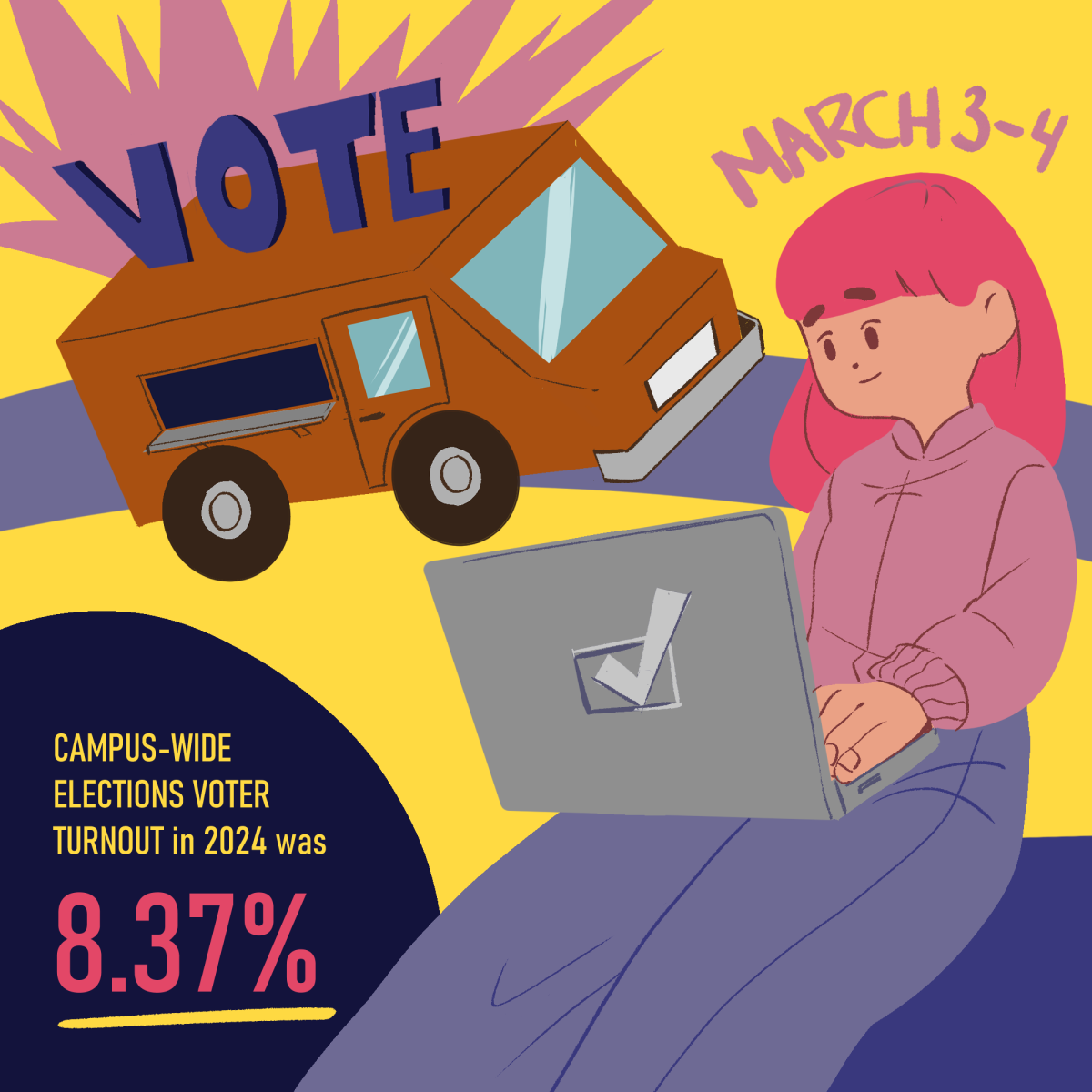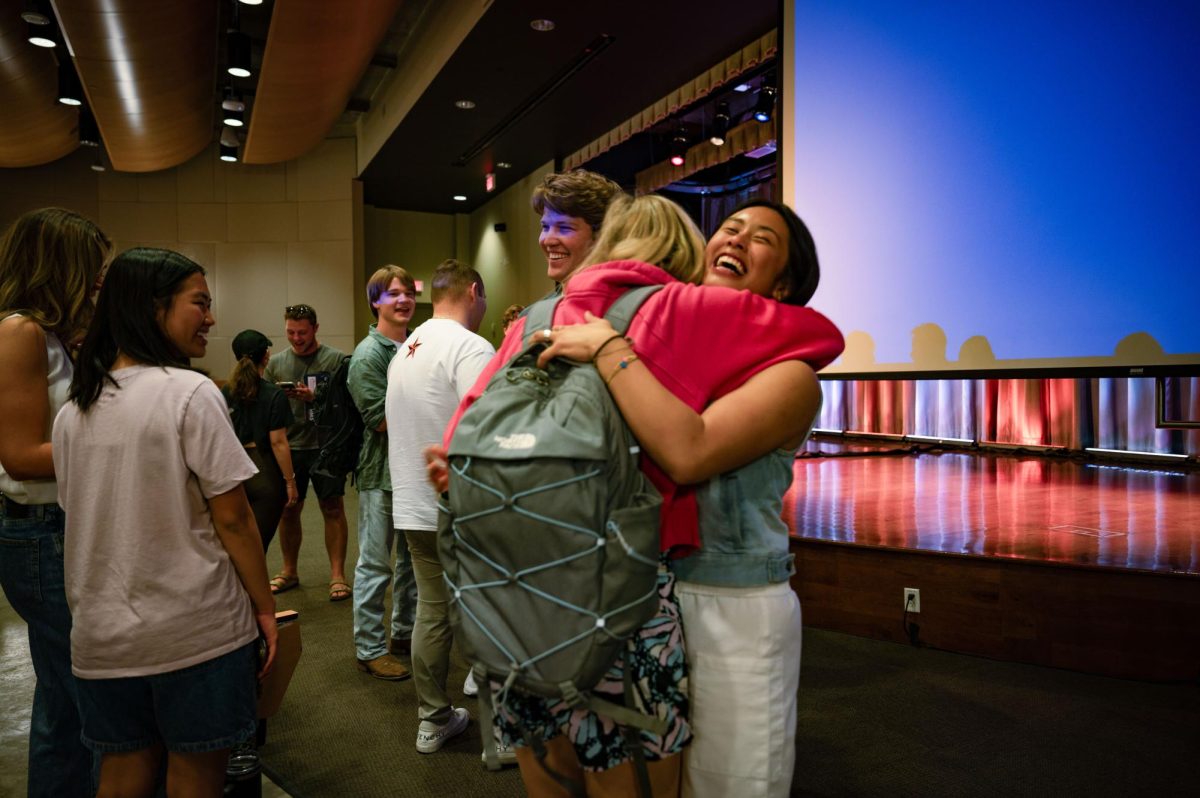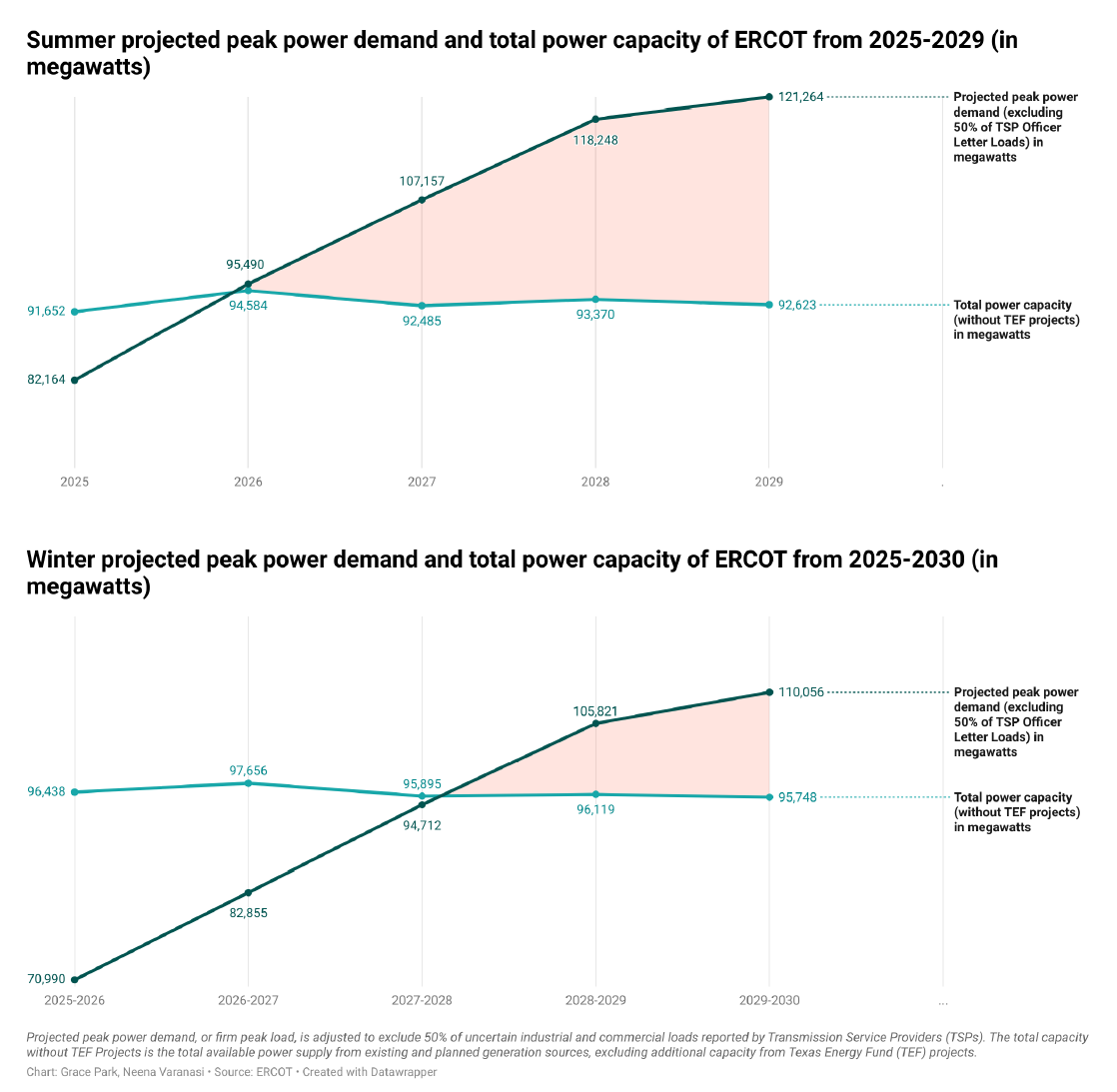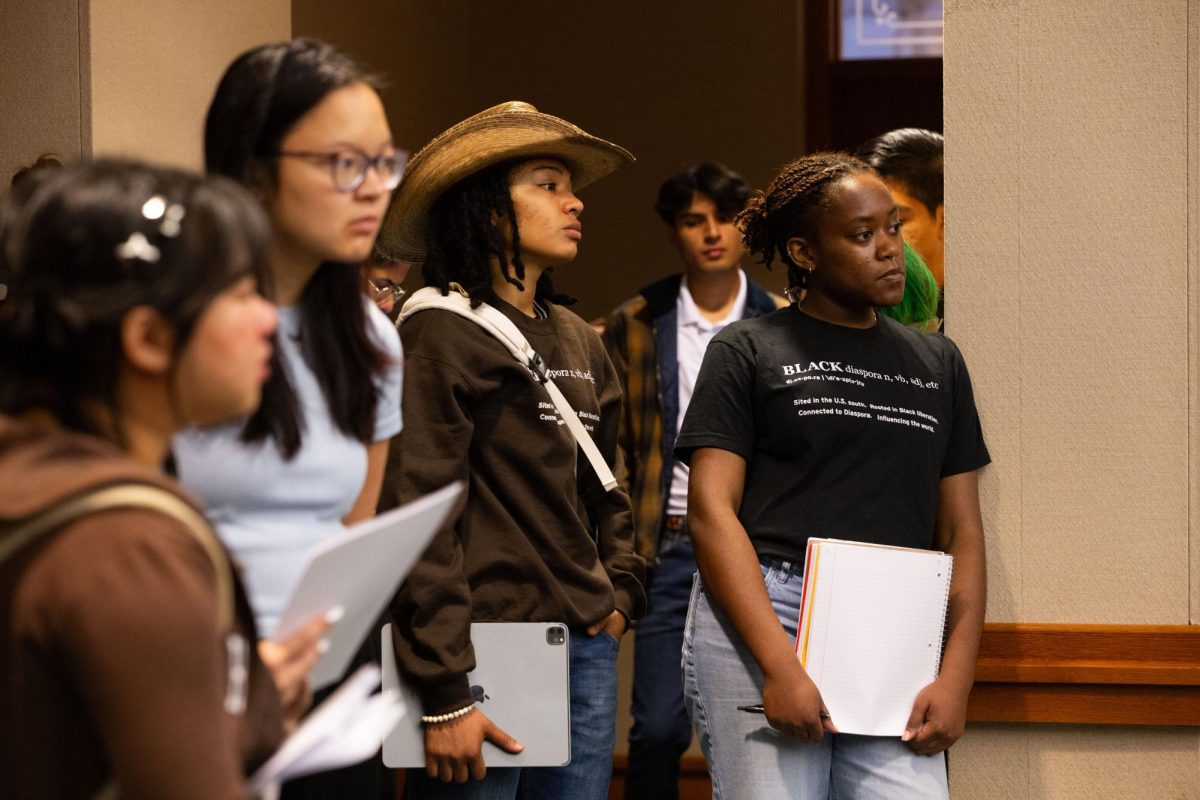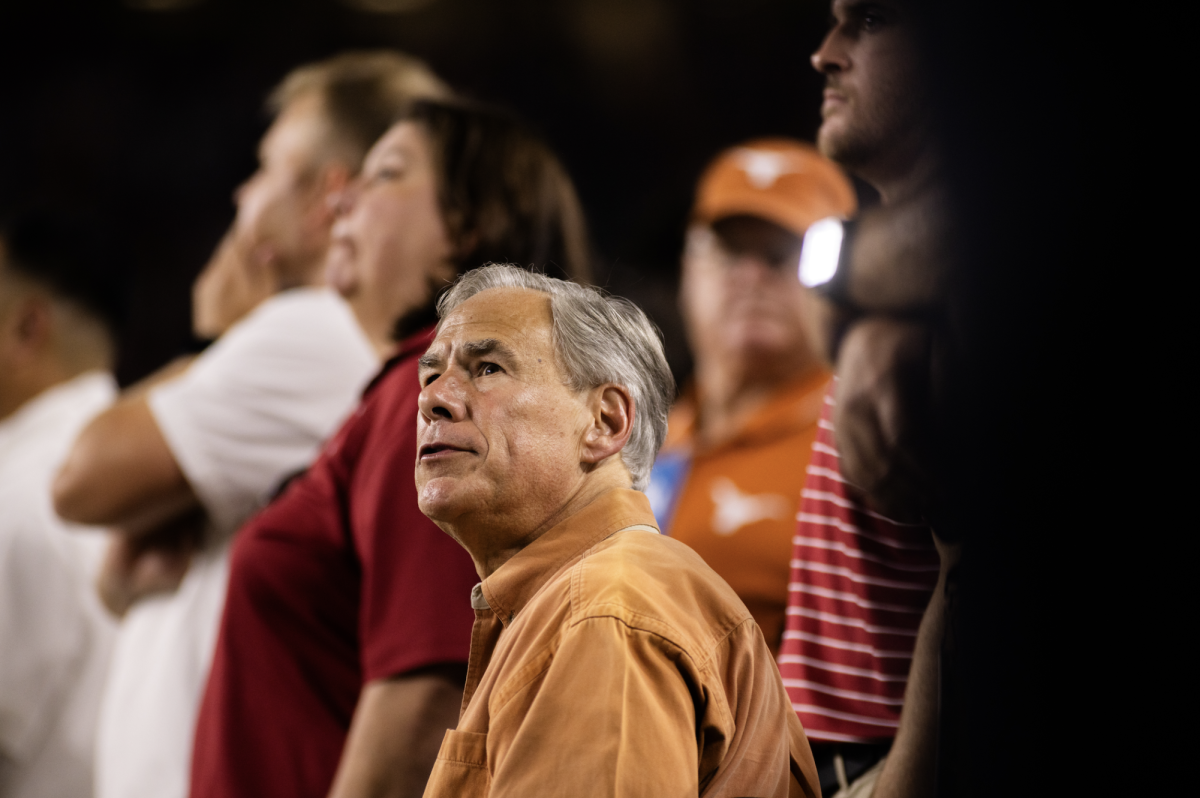Commercialization, lack of opportunity for new journalists and low-quality reporting all contribute to the overall decline of the news media, a visiting journalism professor said.
Robert W. McChesney, professor of communication at the University of Illinois at Urbana-Champaign, said at an on-campus lecture Monday that job offers for incoming journalists has declined for the most part.
“We have lost a significant percentage of our foreign correspondents and a significant percentage of our correspondents in Washington,” McChesney said. “New media hasn’t filled much of the void yet.”
The massive decrease of original reporting in Baltimore represents the overall decline in news content and media work, McChesney said. In Baltimore papers, 86 percent of news stories are reused press releases.
“Whatever way you slice it, we are entering the building age of propaganda,” McChesney said.
He does not blame the fall of print and news media on the Internet as many people do.
“What the Internet did instead of creating the problem is it accelerated it,” McChesney said. “The cause deals with corporate monopoly control of our news media.”
A lack of resources and competent people doing the job has become a big problem with modern media, he said.
“Journalism needs resources. It can’t be done exclusively by people in their pajamas,” McChesney said. “You need competing people pushing things along.”
UT journalism professor Robert Jensen, who introduced McChesney at the event, said the obvious problem of news media today is that the current business model has become commercialized, which has led to its downfall.
“What Robert is addressing on the one hand is the immediate problem in the collapse of the model,” Jensen said. “On the other hand is a deeper critique in the way journalism has been practiced.”
McChesney suggests government support as a way to attain resources — not for individual papers or journalists, but for the news media system, Jensen said.
“Robert McChesney’s interpretation of the First Amendment goes beyond simply protection from government censorship,” Jensen said. “It allows for government support for a free news media system, which is necessary for an informed public, which is in turn necessary for democracy.”
Journalism graduate student Jaime Loke said she found the idea of a government-supported free news media to be appealing, but doubted it would work in the United States because Americans are afraid of government involvement.
“I don’t have the magic solution. I wish I did,” Loke said. “But it’s my responsibility as a future journalism educator to be vigilant about promoting good journalism.”





